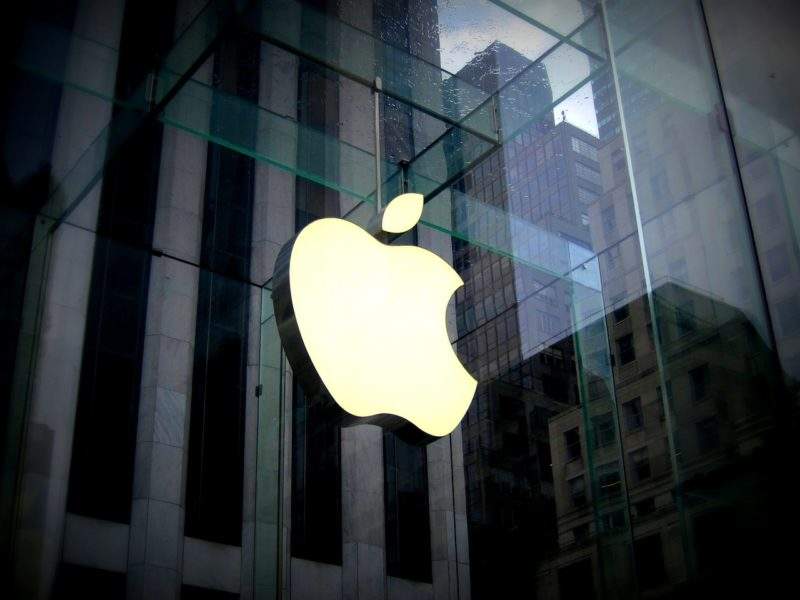Apple’s decision to provide healthcare services to its staff is another instance of large companies taking on roles that typically belong to the state and follows multinationals conducting space launches and spearheading public transport initiatives.
The universal healthcare systems pioneered in the 20th century were as much about increasing productivity and economic output as they were about social equality.
The rationale was simple: the more days per year citizens can work and the more years per life, the more each citizen can contribute to a country’s wealth.
At the time, nation-states owned vast swathes of industry, resources and infrastructure, and so the cost–benefit of national health systems was favourable.
Now we are approaching an era where individual companies control similarly large workforces and may make even further gains from providing healthcare to their employees.
Good for all, forever?
The most notable example is tech giant Apple, which is looking to make inroads in healthcare.
How well do you really know your competitors?
Access the most comprehensive Company Profiles on the market, powered by GlobalData. Save hours of research. Gain competitive edge.

Thank you!
Your download email will arrive shortly
Not ready to buy yet? Download a free sample
We are confident about the unique quality of our Company Profiles. However, we want you to make the most beneficial decision for your business, so we offer a free sample that you can download by submitting the below form
By GlobalDataProviding healthcare to its employees presents a great opportunity for Apple to test its fledgling healthcare technologies and promote healthy lifestyles among its employees.
Apple can doubtless provide a high level of healthcare and is currently recruiting dietitians, physicians and physicians’ aids to work at sites in the US.
The time may come when large companies providing healthcare services becomes the norm, which presents several ethical dilemmas. Most notably, high-standard healthcare may be leveraged against low salaries by companies, which may justify lowering wages in exchange for the potential costs of healthcare.









Related Company Profiles
Apple Inc